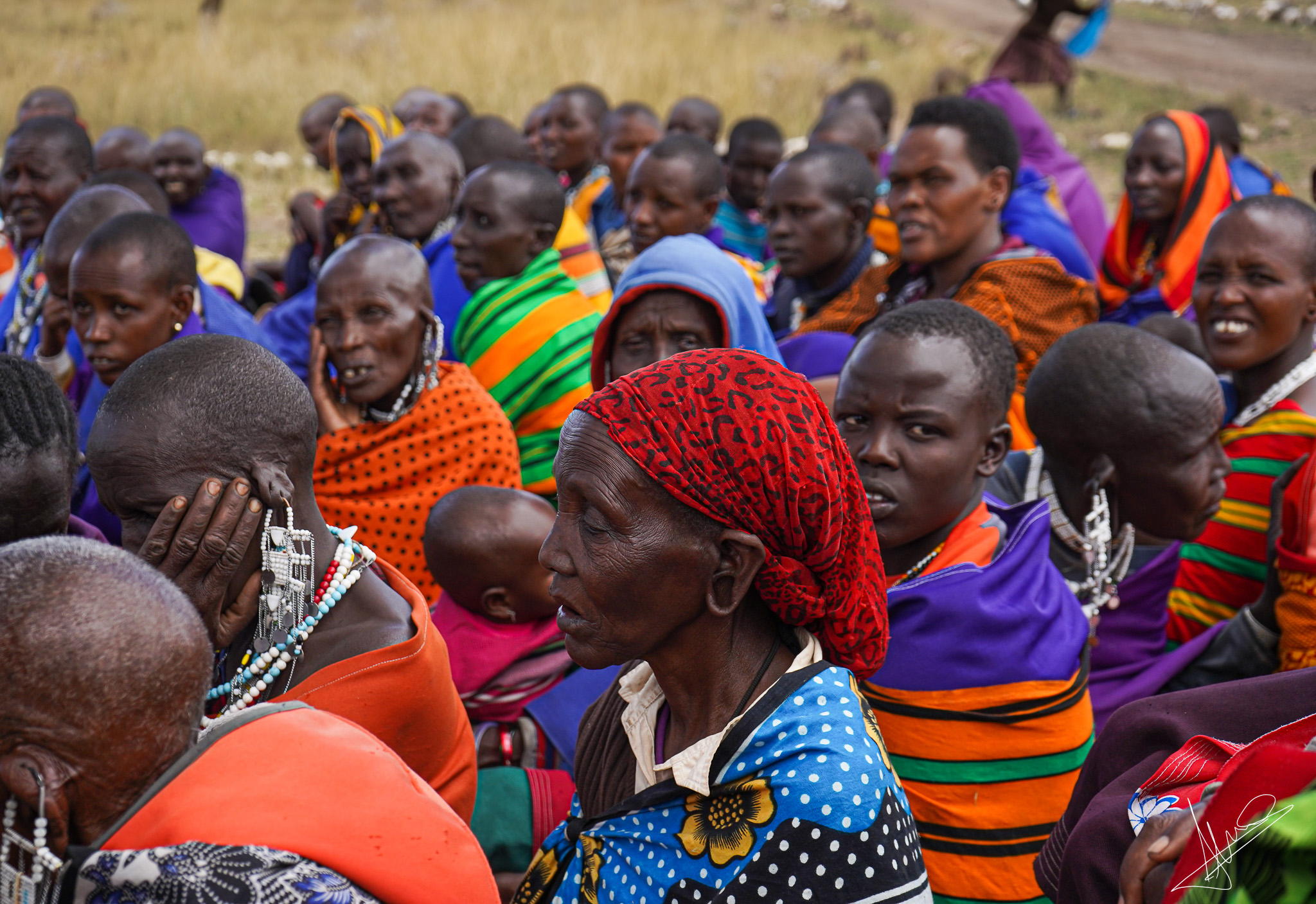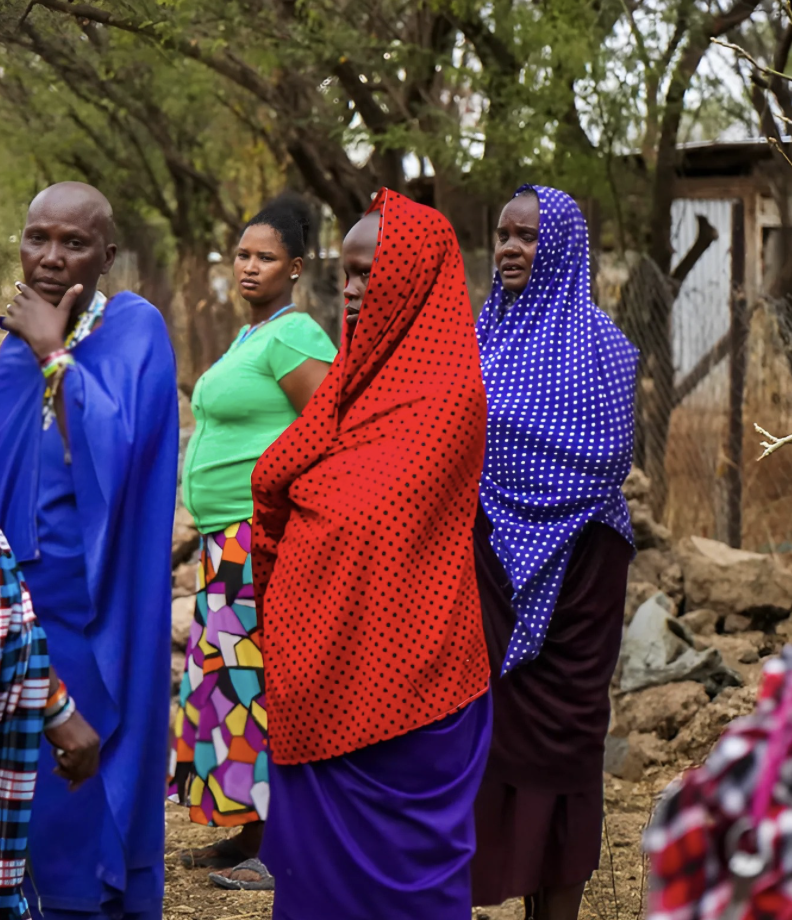

“I struggled to feed my children, Even paying school fees, I could not. My children had to leave school. I could not pay for a doctor for them. I couldn’t afford to get treatment to save my eyesight. I had nothing, not even friend.”

In Kenya, GFW found that 72% of the widows surveyed had had their home or land and bank accounts seized. They had an average monthly income of US$28 per month to care for average of 5 children. Over 80% had no understanding of their legal inheritance rights.
In our surveys in Egypt we found that in a population of widows in which 86.5% had been disinherited, only 6% of their children were full-time students and 15% had never attended school.
While 94% of the widows surveyed said they wanted to work, they couldn't access formal banking services or micro-finance because they couldn’t furnish collateral since their assets had been seized, they didn’t have husbands as male guarantors and their in-laws wouldn’t support them.
